finding the right match: from elite sports to a successful career
What do our Olympians do after their careers? In the best case scenario, there is a smooth transition from athletic to professional careers. But for someone who has spent most of their life training and competing, this step can be a major hurdle. To help them manage this transition and prepare top athletes as well as possible, the German Sports Aid Foundation’s mentoring program, in collaboration with the Werte Foundation, provides them with mentors.
“We quickly realized that it’s not so easy to build a professional network while studying.”
For Christiane Reppe, there are really no hurdles. The 37-year-old is one of the most successful German para-athletes in Germany. Reppe, whose right leg had to be amputated due to a tumor when she was five years old, won Paralympic gold in Rio, four world championship titles and numerous other medals in handcycling, as well as Paralympic and world championship medals in swimming. She has now successfully transitioned into a successful professional career. The joint mentoring program run by the German Sports Aid Foundation and the Werte Foundation helped her achieve this.
In 2013, the German Sports Aid Foundation and the Werte Foundation launched a mentoring program designed to support top athletes in their dual careers. “We want to help athletes on their way into the workforce or in their professional development.” For Anna-Lisa Schwarz, managing director of the Werte Foundation, this is one of the main goals of the program. Under her leadership, the Werte Foundation sees itself as a sparring and cooperation partner of the German Sports Aid Foundation.
All athletes are connected with successful personalities from the business world or other areas of society, who act as mentors and accompany the athletes over several years. Ideally, these individuals should be able to “create or even open doors to their respective networks,” emphasizes Schwarz. The founders of the program are all well connected in the business world and refer executives to the program.
Belinda Blaschik, who as an athlete manager at the German Sports Aid Foundation is in close contact with top athletes, knows the criteria for athletes to participate in the mentoring program. They must currently receive support from the Sports Aid Foundation or belong to a Sports Aid Alumni Club, which consists of former athletes who have received support. In addition, a mentee questionnaire must be completed. This is used to select a suitable mentor, explains Blaschik.
Who is a good fit for whom, and why?
The success of the mentoring program depends entirely on the skills and personality of the mentor. The selection process is usually very individual, as the managing director of the Werte Foundation reveals. There are no clear standards, as the requirements for mentors vary from industry to industry and each company and each person must be considered individually. She emphasizes the individuality of each selection process: “Primarily, it is our own assessment. We first have to get to know the people and then we can develop a feeling for whether they really want to support or just want to promote themselves,” says Schwarz.
The basis for successful collaboration starts with matching. This takes place three to four times a year. The basis for placement is the completed profiles of the athletes. These are compared with the available mentors, according to Blaschik from Deutsche Sporthilfe. Matching with a potentially suitable mentor is primarily based on compatibility in terms of content, regional proximity, and availability. However, both Sporthilfe and the Werte-Stiftung, as well as the athletes themselves, know that this matching process is not entirely trivial. “If there is no suitable match for athletes from the current pool, attempts are made to acquire new mentors from the network of both foundations,” explains Blaschik. However, she also regrets that this is not always feasible for all industries and that athletes sometimes have to wait a long time for a suitable mentor. The Werte-Stiftung is also aware of this problem. “I was recently looking for someone from the field of tunnel construction. But no one in our circle had any contacts in this specific area. Ultimately, however, I got a tip through three corners, whose contact knows someone, and so on,” reports Anna-Lisa Schwarz.
It’s a match! A success story?
As a former swimmer, paratriathlete, 2016 Paralympic champion, and four-time world champion in handcycling, Christiane Reppe describes herself as “very performance-oriented” – whether in sports or in her everyday professional life. As a former top athlete sponsored by Deutsche Sporthilfe, Reppe herself was part of the mentoring program. She laughs as she recalls the beginnings of her collaboration with her mentor Friederike Lindenberg. She chose her mentor herself, or more precisely, they found each other, emphasizes the former top athlete. As a multiple Paralympics participant, she knows very well that, in addition to a match in terms of content, it is above all important to be compatible on a personal level: “I had the feeling that Friederike understood exactly what I wanted and that I could talk to her very openly.” Friederike Lindenberg herself works as a consultant and business coach.
In 2023, Christiane Reppe and her business partner’s business idea, That’s Coffee GmbH, a company for sustainable coffee trading, was voted Sports Aid Start-up of the Year. Even then, she had very specific requirements for her mentor. During this time, Friederike Lindenberg acted more as a mediator, providing exactly the right support. “That was super helpful and really good. I don’t need anyone to explain to me how to set up a limited liability company; those are things I do myself.”
The nature of the collaboration between mentor and mentee is always determined on an individual basis. Looking back, Christiane Reppe admits that she did not have frequent contact with her mentor, but always contacted her as soon as there was a change in her career or she needed answers to specific questions. In addition to communicating by phone, the two also met in person at regular mentor meetings. “I think these mentor meetings are great!” says Reppe. The 37-year-old recalls that it was a large gathering of mentors and mentees. “You meet other business people and athletes with whom you can exchange ideas. I always found that enriching.” Now she is even a little sad that she can no longer attend the meetings, the former top athlete admits.
“Of course, it’s not always a perfect match right away.”
Despite all the positive aspects of the mentor meetings, Reppe also sees room for improvement in the future. In addition to improving the structure of the meetings so that they can offer added value to everyone, there is also potential for improvement in the matching processes, Reppe affirms. She heard from a fellow athlete friend how she was assigned a mentor. Her friend was told that this mentor was perfect for her because of her studies. She was then given the mentor’s number and told to meet up with him. Her friend then told her that it was strange because she didn’t know what to expect from her mentor as an athlete and what the goal of the whole thing was. Christiane Reppe makes it clear that her friend definitely felt lost and needed more support. Belinda Blaschik from Sporthilfe picks up on this point with a view to the future and explains that there should also be an onboarding process for athletes in the future to inform them in more detail about the program in advance.
Otherwise, Christiane Reppe looks back on her time as a mentee with satisfaction. When asked if she could imagine acting as a mentor for the program herself, she responds self-reflectively: “Yes, definitely, if I’m suited to it. I think that if you’ve been through it yourself, you can convey it much better and give the athletes something to take away with them.”
Quality over quantity
Managing Director Anna-Lisa Schwarz emphasizes that, from the perspective of the Values Foundation, there are currently between 140 and 160 pairs in the mentoring program. Initially, the goal was to bring together around 50 new pairs each year. But after a very short time, it became clear that it was not the number of pairs that mattered, but the quality of the mentoring. For Sporthilfe, the collaboration between athlete and mentor is considered successfully completed once the athletes have started their careers. “When we receive this information, the matching process is officially ended,” says Blaschik.
The Values Foundation is very satisfied with the concept: “In my opinion, the mentoring program is the most important intangible support offered by Sporthilfe to athletes.” The foundation receives almost exclusively positive feedback.
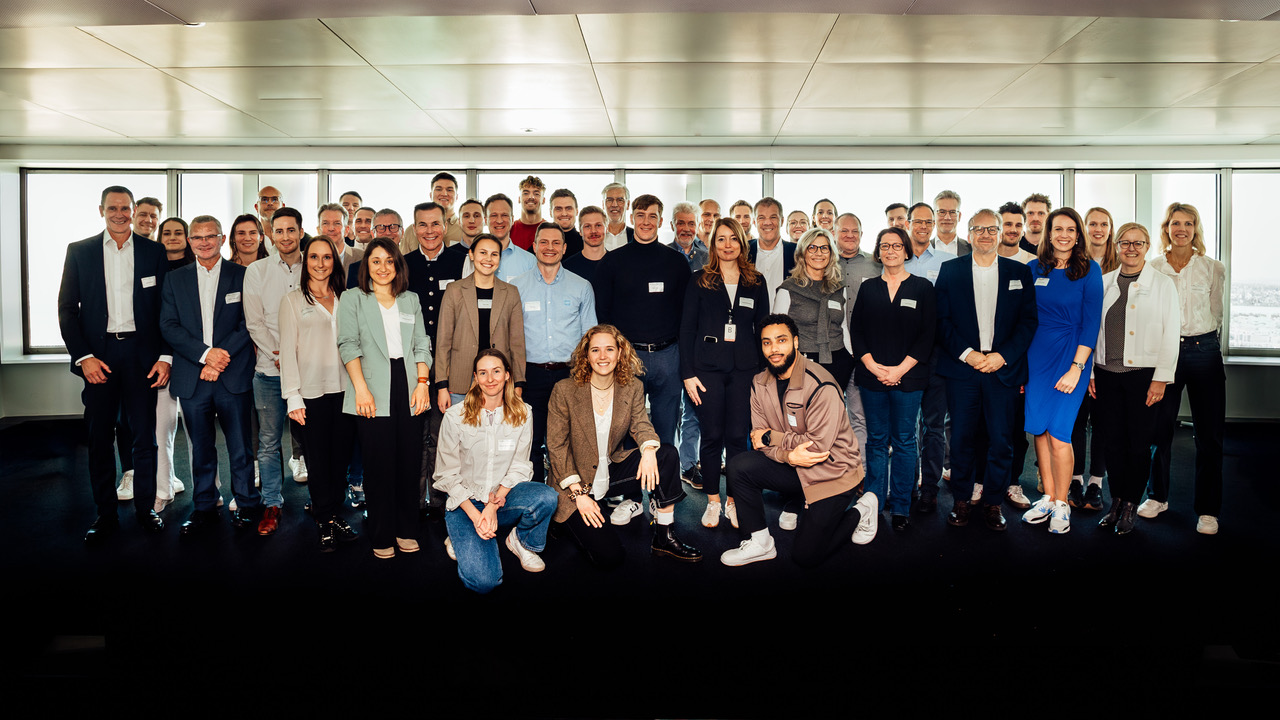
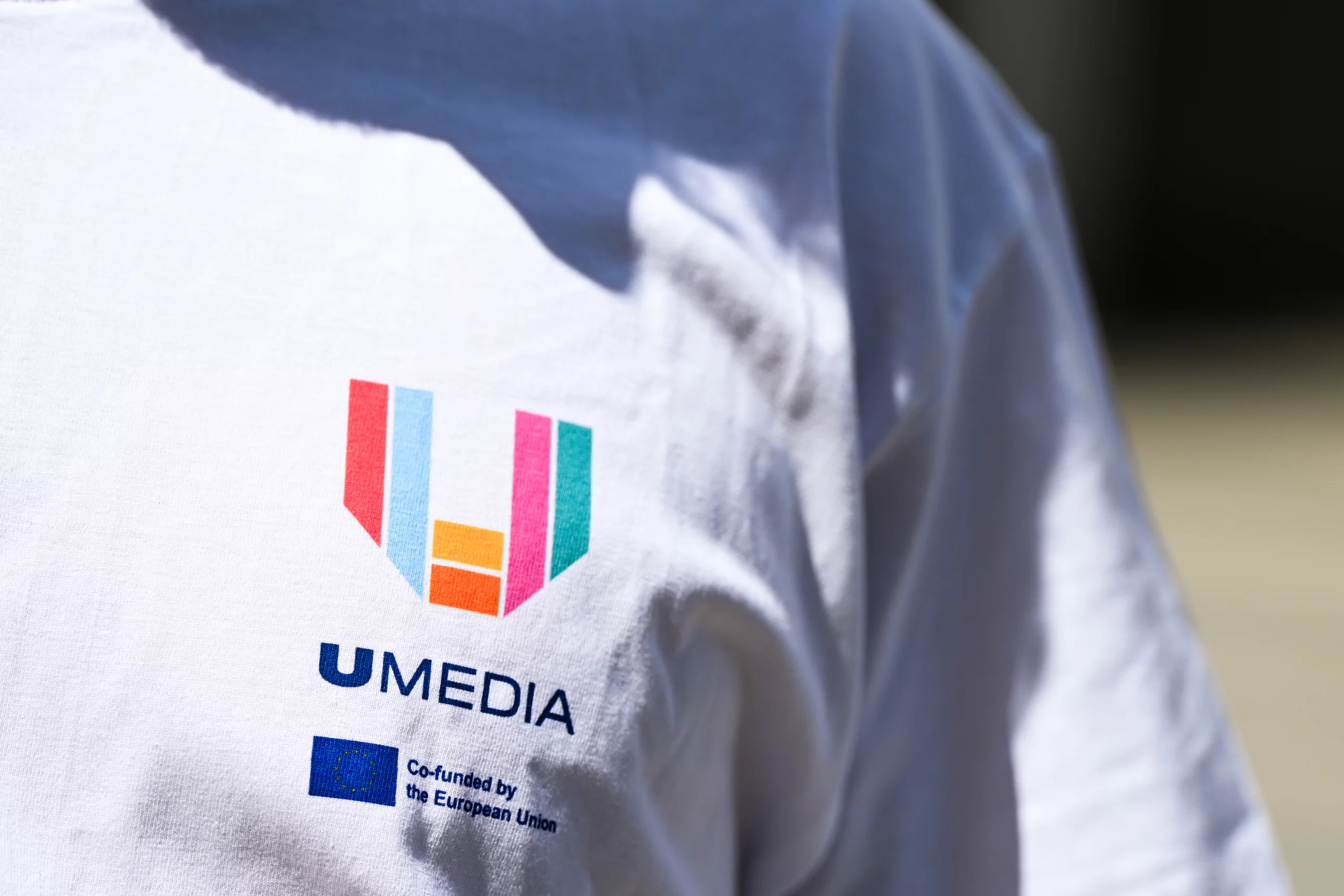
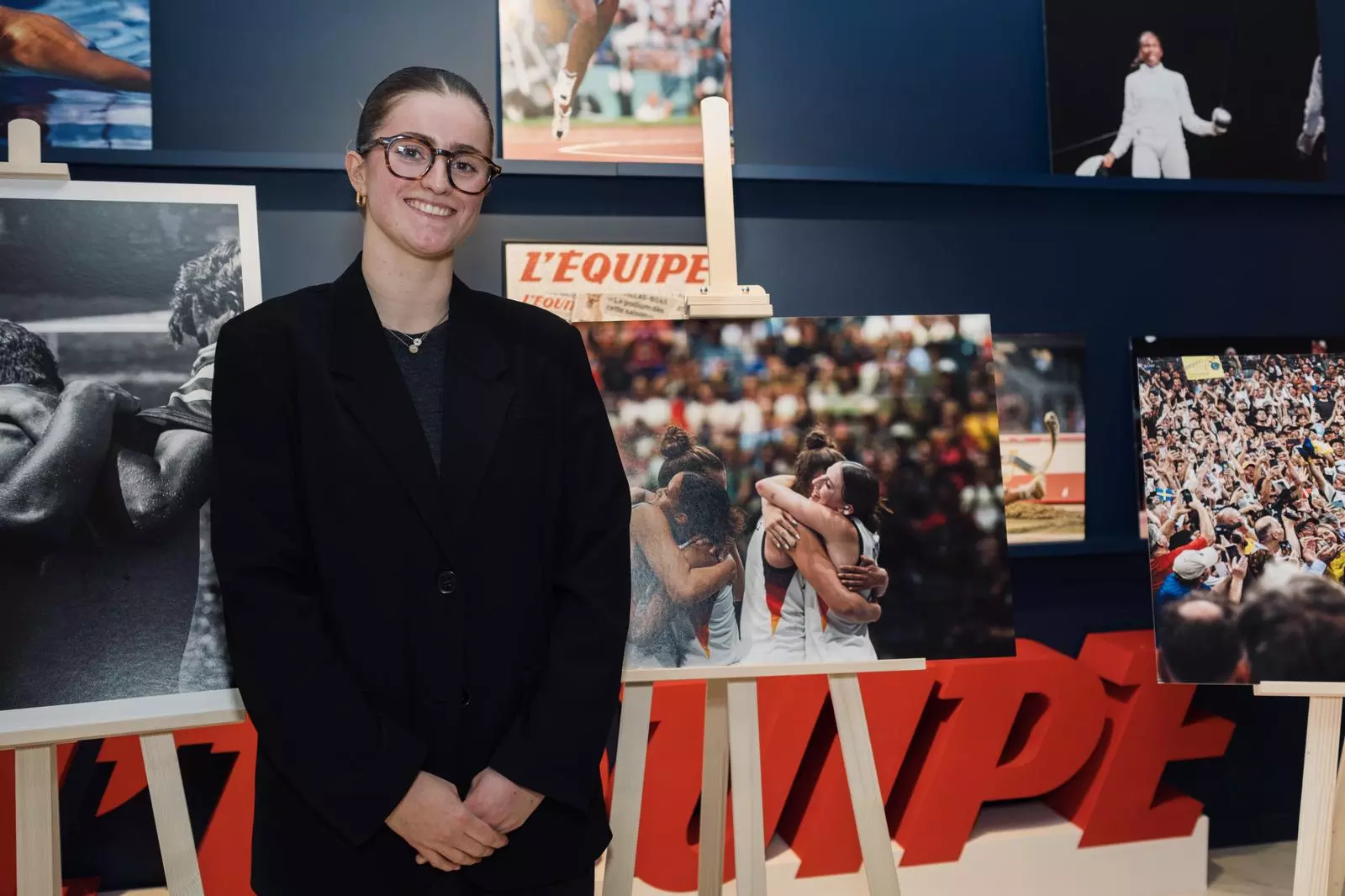
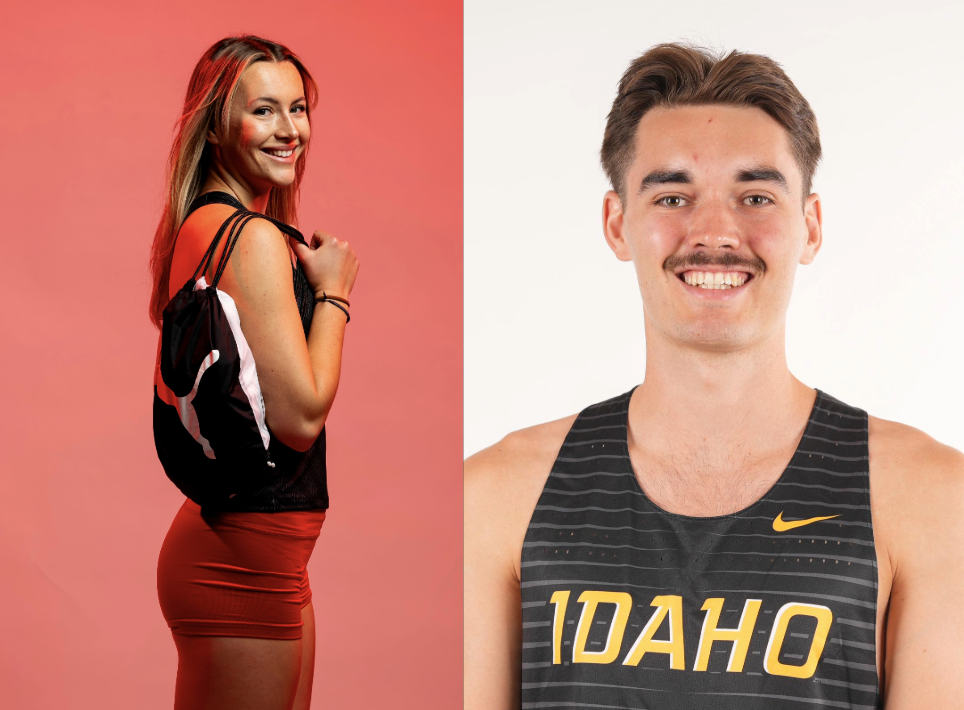
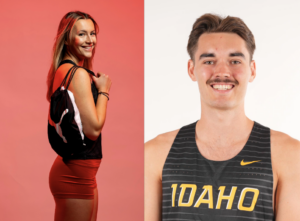
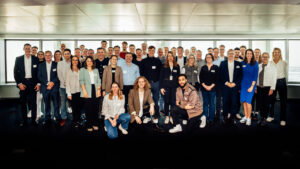
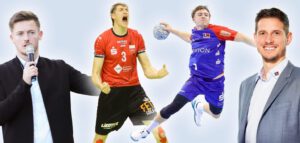
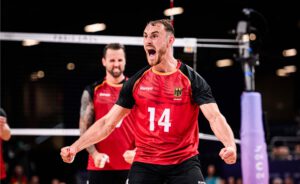

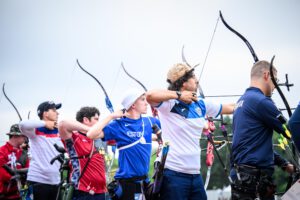


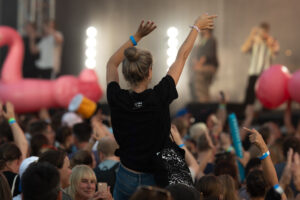
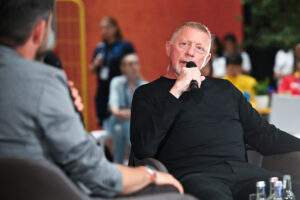
Post Comment